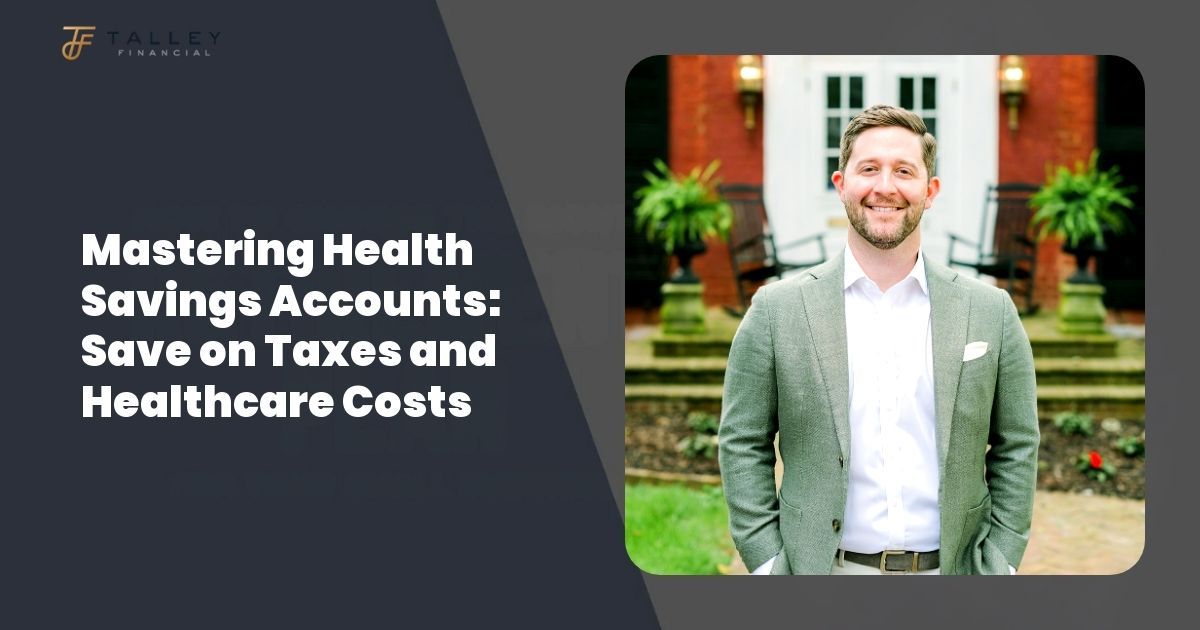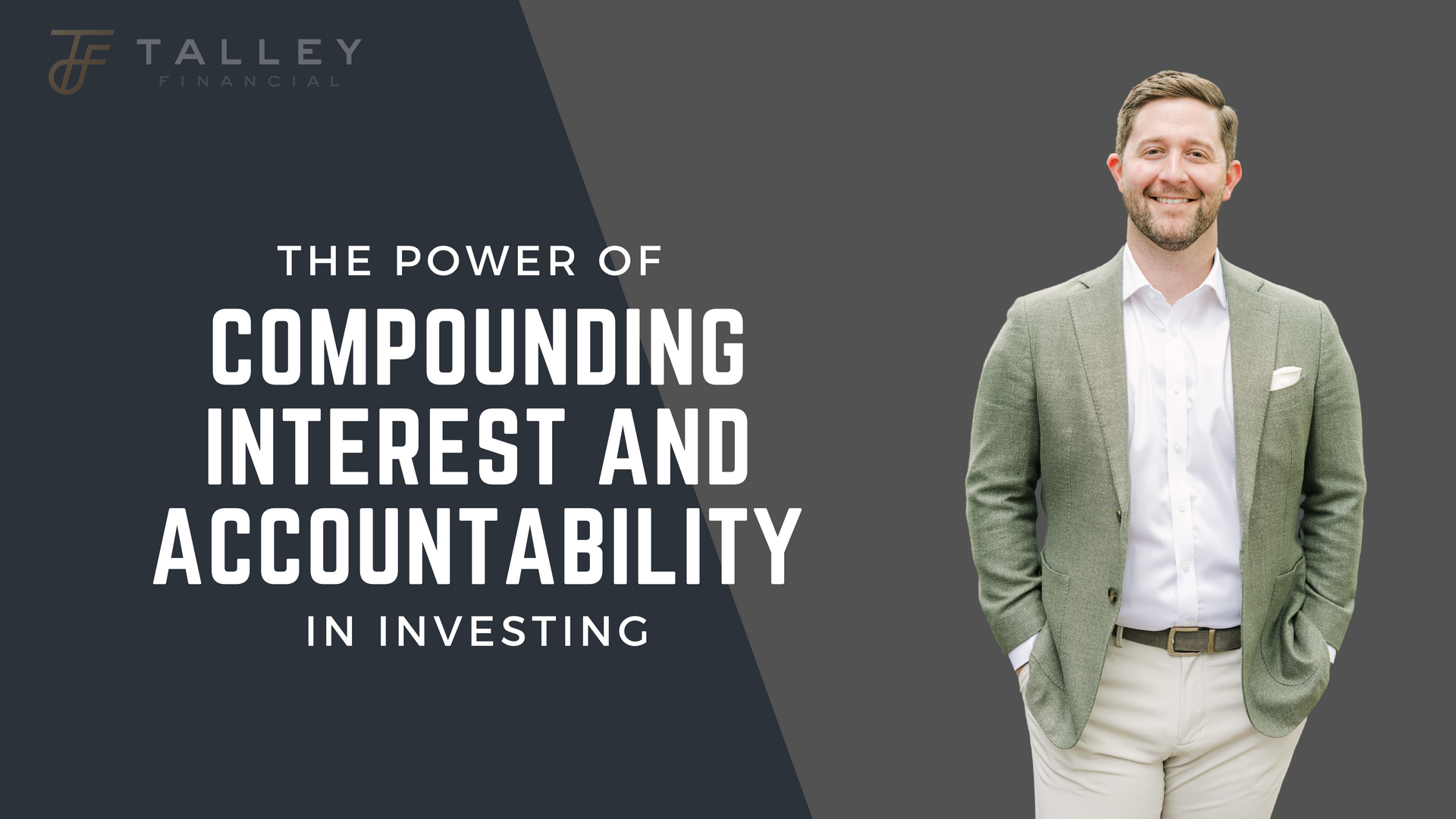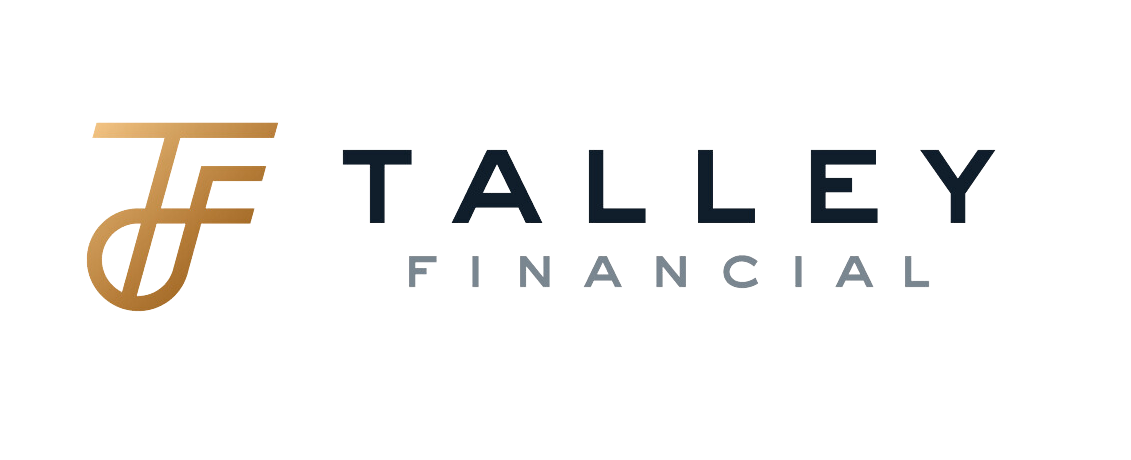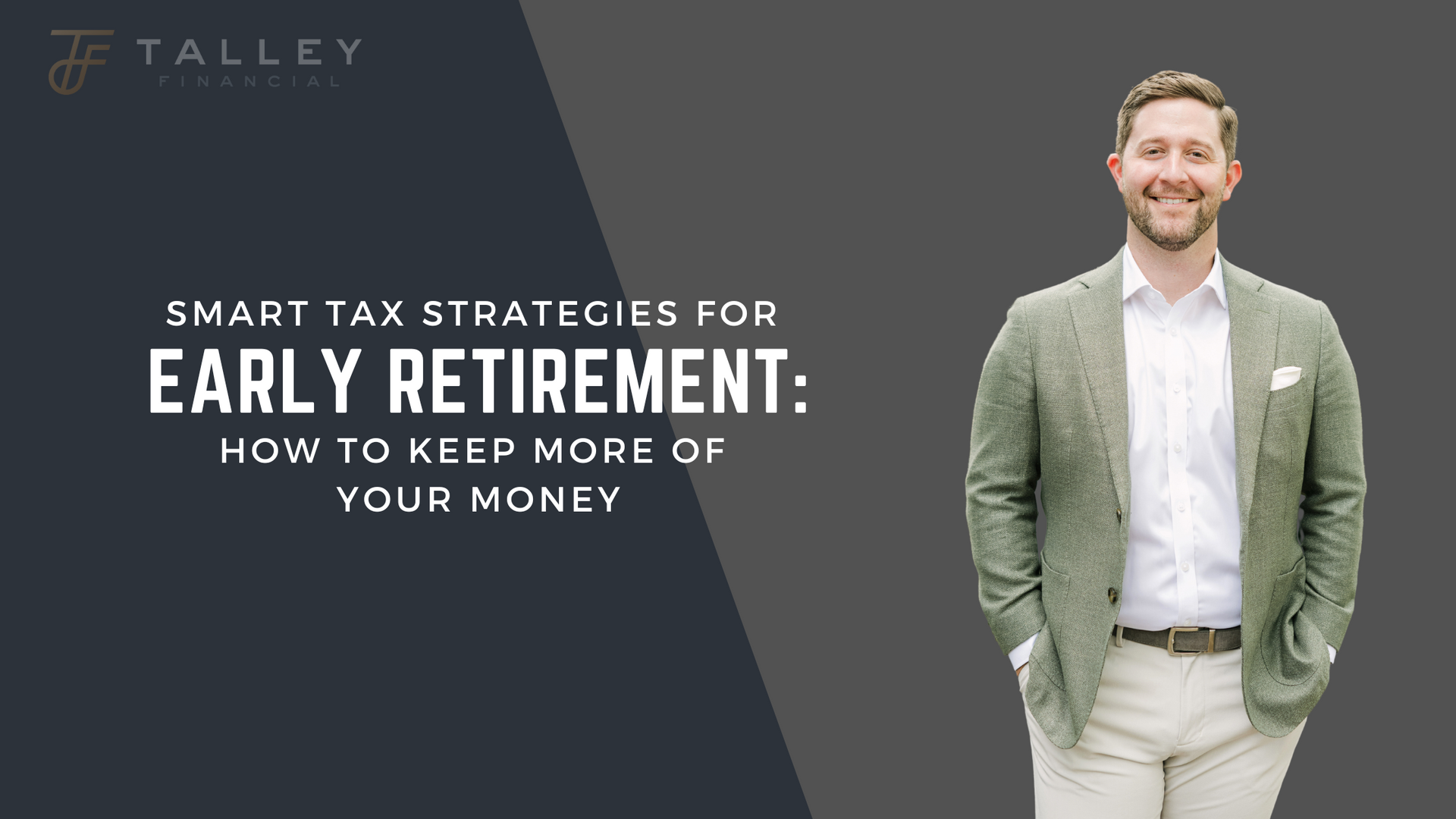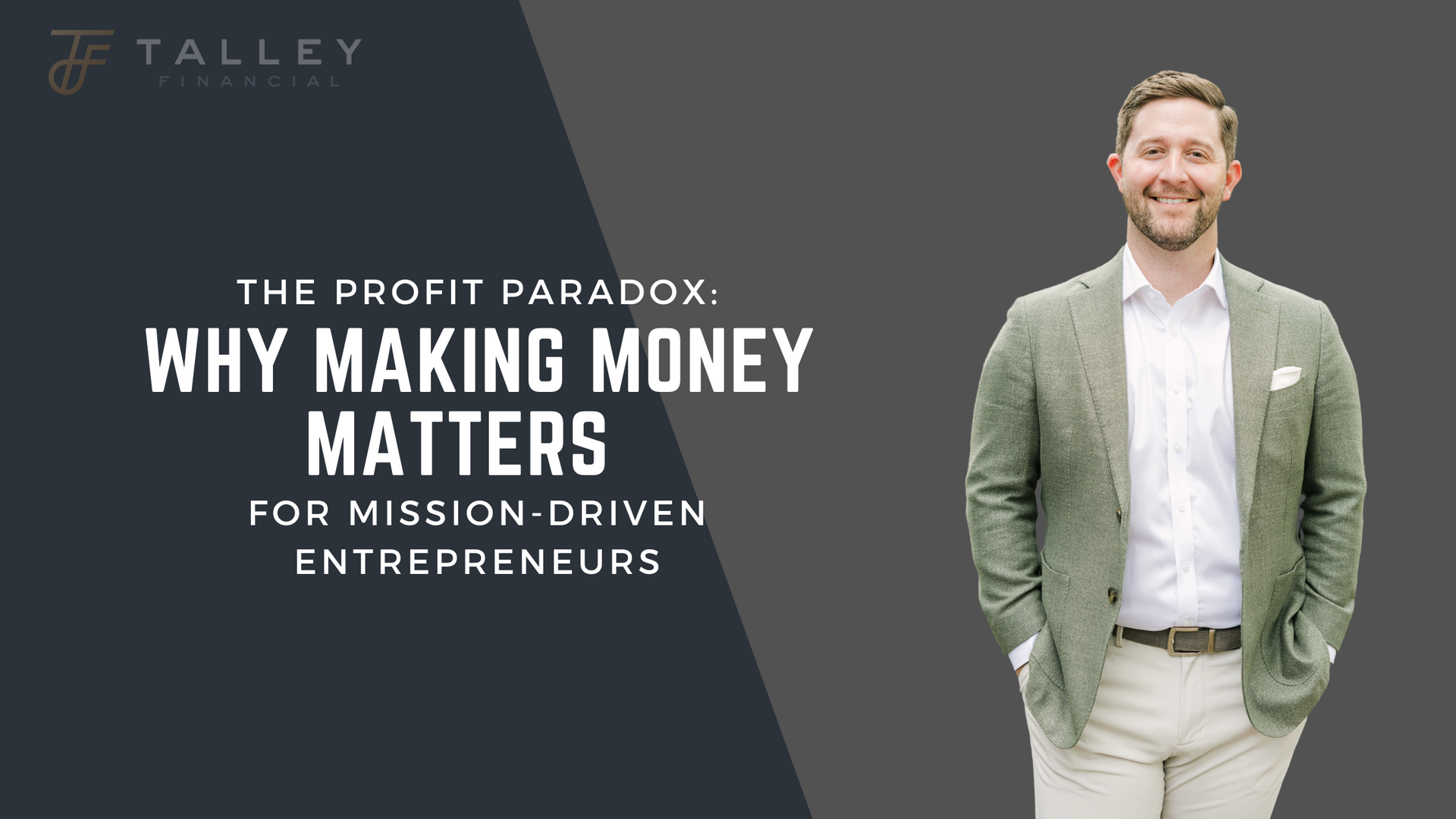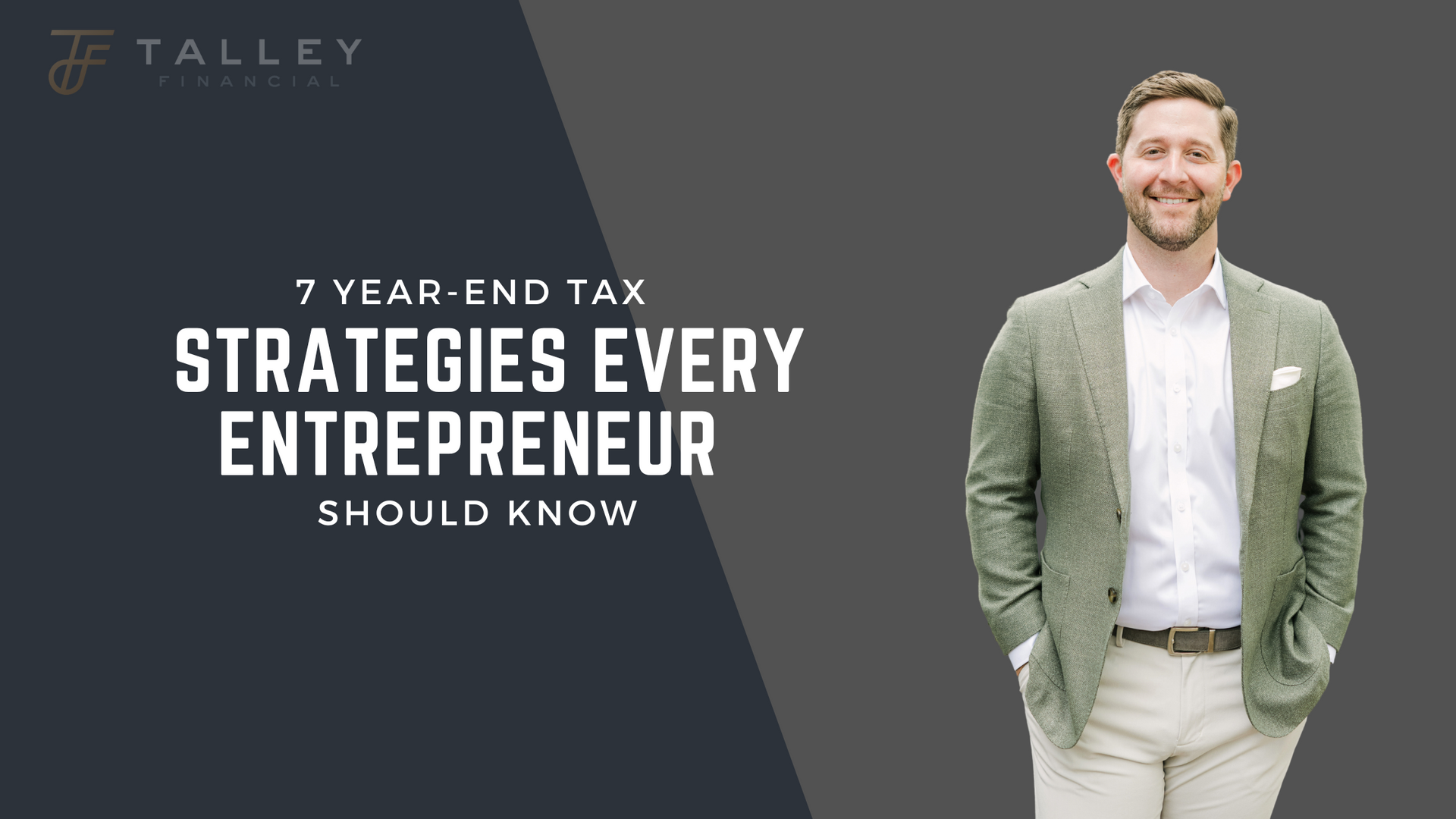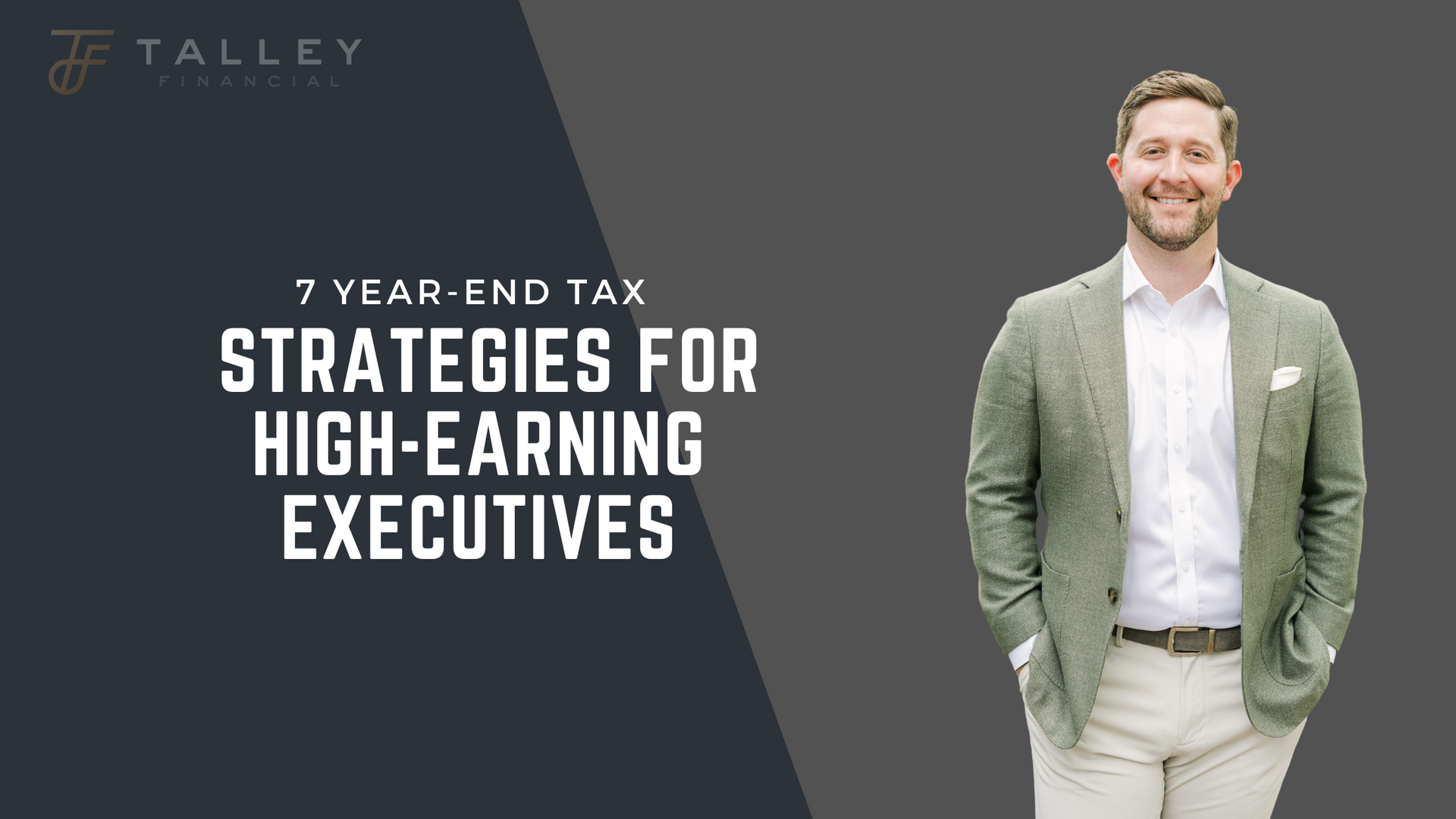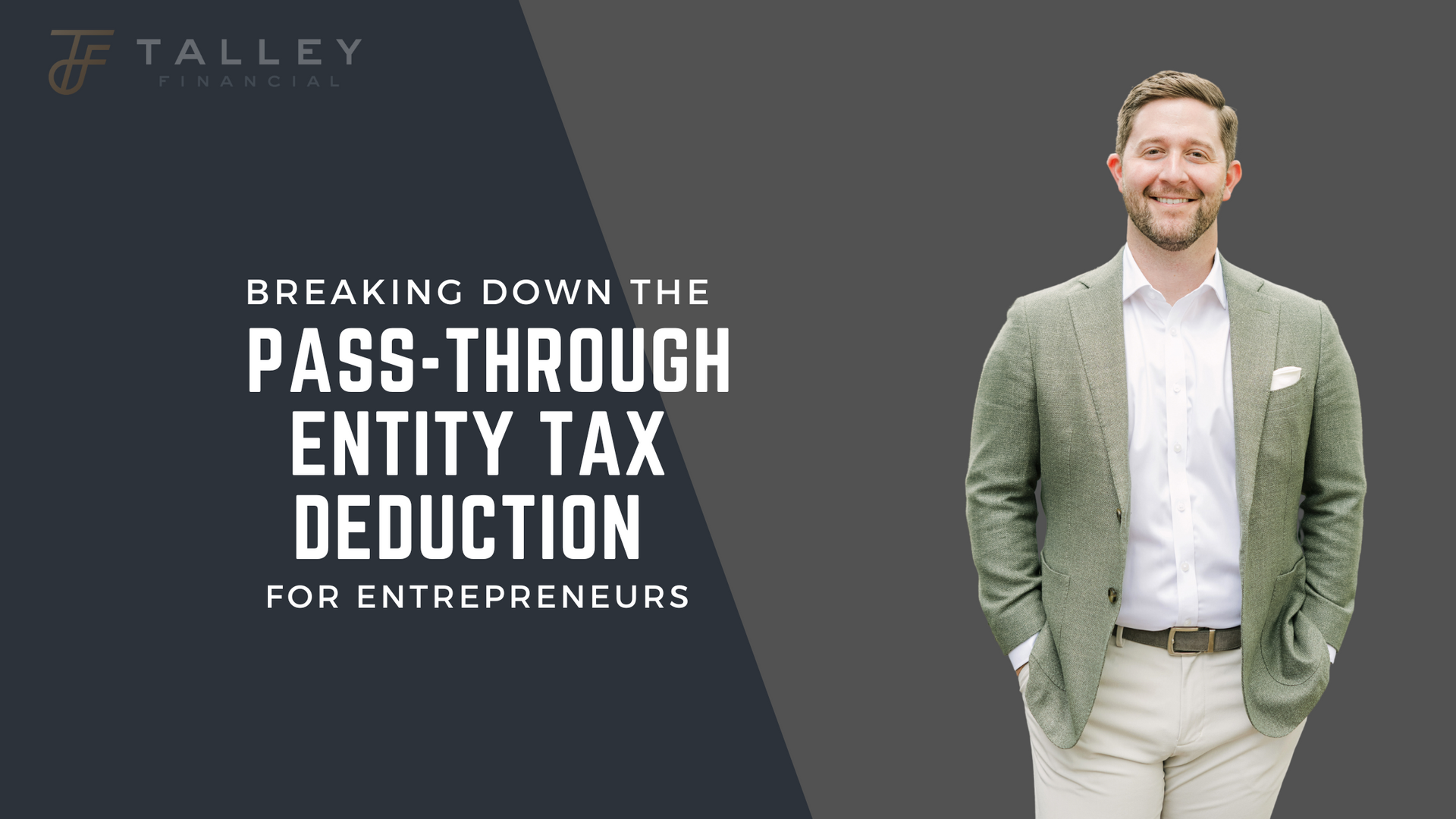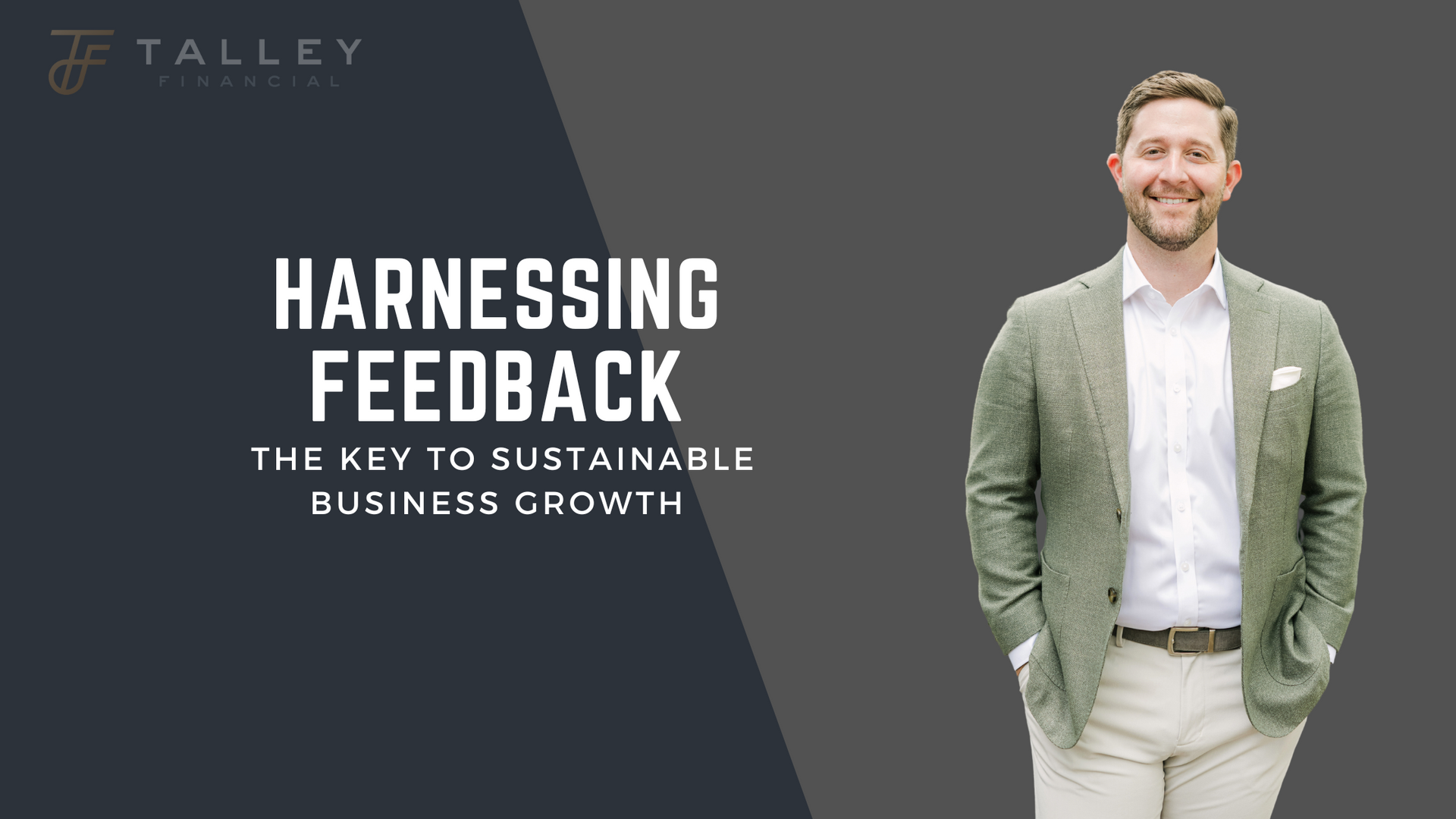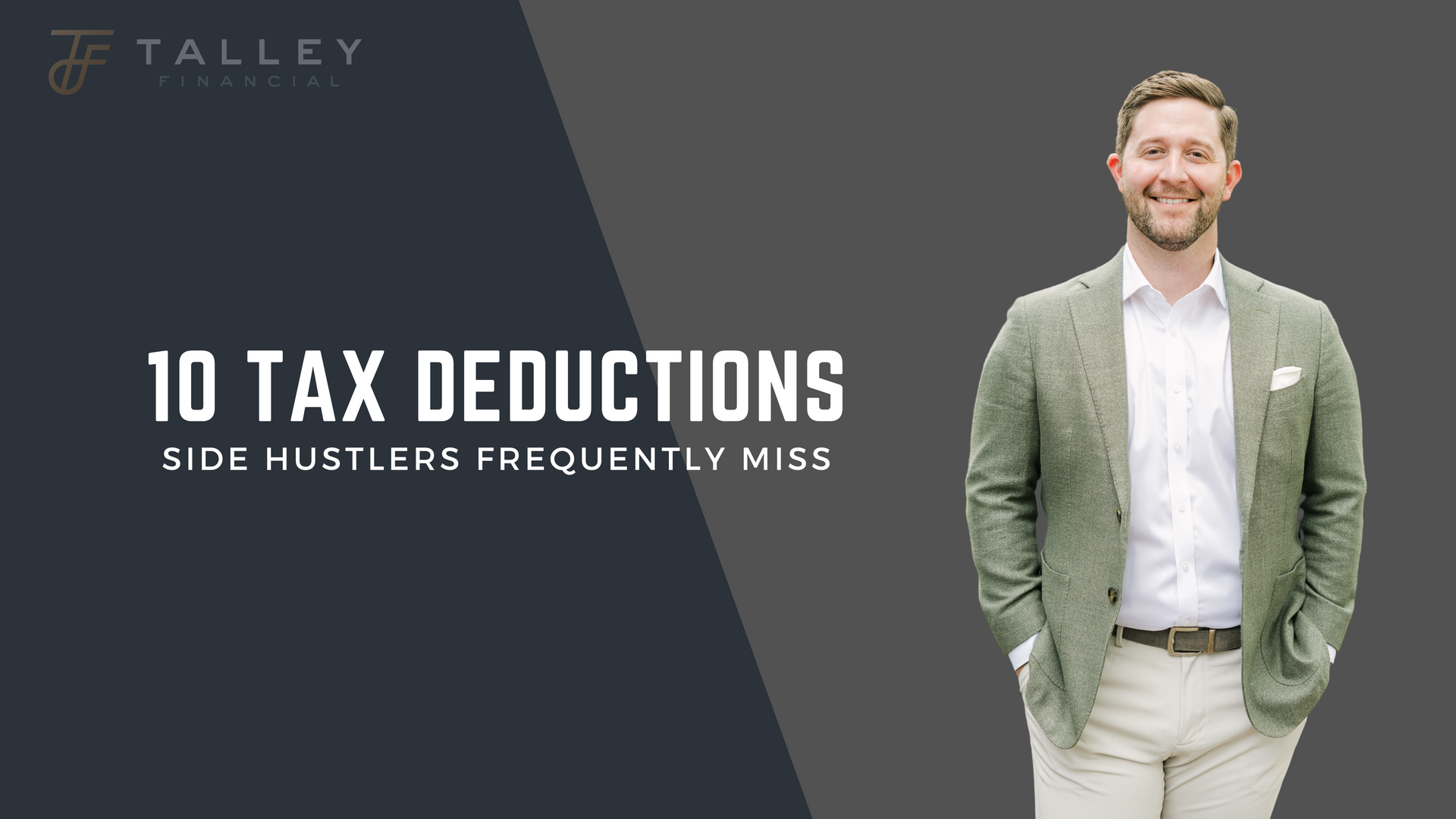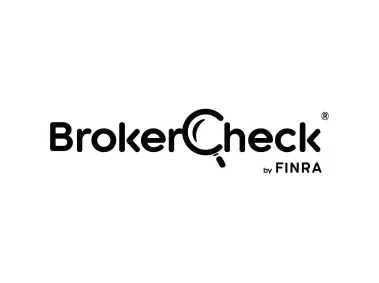Trust and transparency are essential in financial planning. In this guide, David Talley, Certified Financial Planner and financial advisor at Talley Financial in Johnson City, TN, explains the concept of fiduciary duty and why working with a fiduciary advisor is critical to protecting your financial future. Learn how fiduciaries prioritize your goals, provide unbiased investment advice, and reduce conflicts of interest to ensure every decision aligns with your best interests. Talley Financial offers expert financial services for entrepreneurs, executives, and families, focusing on personalized retirement plans and wealth management strategies. Ready to secure your future with a trusted partner? Explore our services at Talley Financial Pricing & Services.
What Is Fiduciary Duty? A Guide to Protecting Your Financial Future
By David Talley, CFP®
When it comes to financial planning, trust is everything. You rely on your financial advisor to help navigate complex decisions about your investments, retirement, and long-term financial goals. But how can you be sure their advice is truly aligned with your best interests? This is where the concept of fiduciary duty becomes essential.
In this guide, we'll explore what fiduciary duty entails, the standards fiduciary advisors are held to, and how working with a fiduciary can give you peace of mind and financial confidence. By the end, you'll know how to identify a fiduciary advisor and the questions to ask to safeguard your financial future.
What Is Fiduciary Duty?
Fiduciary duty is a legal and ethical obligation requiring one party to act in the best interests of another. When applied to financial advisors, it means they are bound to prioritize your financial well-being above their own compensation, company incentives, or personal gains.
Fiduciary advisors must adhere to rigorous standards, including:
- Duty of Loyalty: Always placing the client's interests first.
- Duty of Care: Making well-informed recommendations based on a thorough understanding of the client's situation.
- Transparency: Disclosing all conflicts of interest and providing clear, unbiased advice.
This responsibility is not optional—it's a binding commitment to act solely for your benefit. Learn more about fiduciary duty from Investor.gov's Fiduciary Duty Guidelines.
Why Fiduciary Standards Matter
Imagine planning your retirement. A fiduciary advisor is required to evaluate every decision through the lens of your goals, not their bottom line. Whether it's minimizing fees, diversifying your investments, or selecting tax-efficient accounts, their advice must align with what's best for you.
Working with a fiduciary advisor ensures:
- Aligned Interests: Your goals drive every decision.
- Comprehensive Advice: Fiduciaries consider all aspects of your financial picture, from investments to tax planning.
- Reduced Conflicts of Interest: Fiduciaries must disclose any potential conflicts, ensuring transparency in all recommendations.
How to Identify a Fiduciary Advisor
Not all financial advisors operate under fiduciary standards. To confirm you're working with a fiduciary, ask the following questions:
- Are you a fiduciary at all times? Fiduciaries are obligated to act in your best interest throughout the advisory relationship.
- How are you compensated? Fee-only fiduciaries often provide the most unbiased advice, as their compensation is not tied to specific products.
- Will you disclose conflicts of interest? Fiduciaries must be upfront about any factors that might influence their recommendations.
To dive deeper into identifying fiduciary advisors, refer to the CFP Board's Consumer Guide.
Certified Financial Planners™: Trusted Fiduciaries
Certified Financial Planners™ (CFPs) are held to the fiduciary standard in all aspects of financial planning. To earn the CFP designation, advisors undergo comprehensive education, pass a rigorous exam, and commit to a code of ethics that prioritizes clients' best interests.
What Makes CFPs Unique?
- Holistic Planning: CFPs address every aspect of your financial life, including investments, taxes, insurance, and estate planning.
- Ethical Standards: CFPs disclose compensation structures, conflicts of interest, and any limitations in their expertise.
- Unbiased Advice: Recommendations are tailored to your unique financial goals and circumstances.
By working with a CFP, you gain a trusted partner committed to your financial success. You can verify a CFP's credentials through the CFP Board's directory.
Actionable Steps to Protect Your Financial Future
To ensure you're working with the right advisor, follow this checklist:
Fiduciary Duty Checklist
- Verify Fiduciary Status: Confirm the advisor adheres to fiduciary standards at all times.
- Understand Compensation: Ask how they are compensated and request a detailed explanation.
- Request Disclosures: Obtain written documentation of potential conflicts of interest.
- Check Credentials: Look for designations like CFP®, CFA, or CPA for added expertise.
- Review Recommendations: Ensure their advice aligns with your goals and financial plan.
For a step-by-step guide to finding the right financial advisor, visit NAPFA's Find an Advisor Tool.
Why Transparency and Trust Matter
Financial planning is deeply personal. It involves your hard-earned money, your dreams for retirement, and your family's future. That's why it's essential to work with an advisor who values transparency and puts your interests first.
Real-Life Example
Let's say you're deciding whether to roll over an old 401(k) into an IRA. A fiduciary advisor would carefully analyze the costs, benefits, and tax implications before making a recommendation. They would explain why their suggestion is the best option for you. By contrast, a non-fiduciary might recommend a rollover simply because it earns them a commission—even if it's not the best choice for you.
By understanding fiduciary duty, you can make informed decisions and avoid costly mistakes.
Taking the Next Step
When choosing a financial advisor, don't settle for anything less than a fiduciary standard. Here's how to get started:
- Schedule a Consultation: Meet with potential advisors to discuss their approach, fees, and credentials.
- Ask Tough Questions: Inquire about fiduciary obligations and potential conflicts of interest.
- Trust Your Instincts: If an advisor seems hesitant to provide clear answers, keep looking.
To learn more about fiduciary duty and financial planning, explore resources like Investopedia's Fiduciary Definition or the SEC's Guidelines on Investment Advisers.
By understanding fiduciary duty, you're empowering yourself to make informed decisions and protect your financial future.
Conclusion
Fiduciary duty isn't just a standard—it's a commitment to act in your best interest, always. By choosing a fiduciary advisor, you can approach your financial planning with confidence, knowing your goals and dreams are the priority.
Whether you're preparing for retirement, managing your investments, or building a legacy, working with a fiduciary ensures that every decision is made with your best interests at heart. That trust is the foundation for financial peace of mind—and it's worth every step to secure it.
Ready to take control of your financial future? Explore our services and see how we can help you achieve your goals with personalized, fiduciary-focused financial planning.

